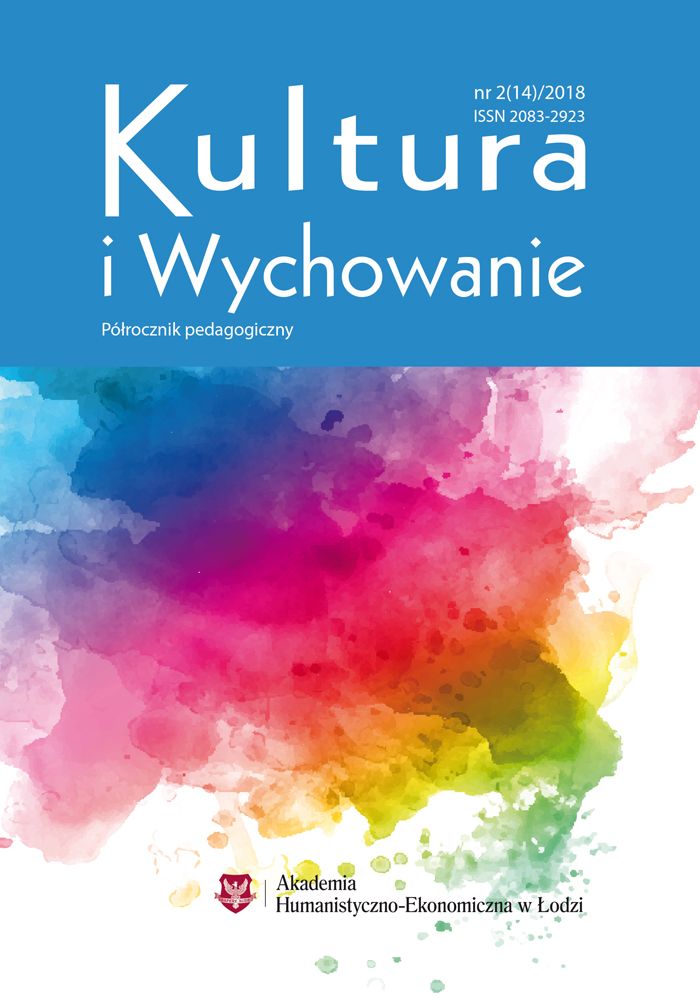Ad unum vertere? Education as con-versio from multitude
DOI:
https://doi.org/10.25312/2083-2923.14/2018_25-35Keywords:
universalism, unity versus plurality, polyphonic truth, Ladislav Hanus, organic pluralism, education as conversionAbstract
The complexity and universal validity of knowing became a reason and aim of intellectual effort expressed in the notion philo-sophia. The advantages of universalism can be summarised into several elements: the concept of human nature, the ontological fundament of human dignity, and their ethical demands, regardless of individual differences. On the other hand, universalism hides within itself an ever-present germ of potential destructivity, when, in the name of the “universal truth,” there occurs a factual and inhumane exclusion of certain individuals and groups from the community of those who “deserve” dignitas humana. Slovak philosopher of culture Ladislav Hanus in his work Principle of Pluralism defines “organic pluralism”. Hanusian “organic pluralism” connects and integrates multitude, which is its quantitative dimension, with organicness, which is its qualitative dimension. The development of a person takes place by a gradual and purposeful interweaving of quantity with quality, and this activity is called education, or con-versio from multitude.
Downloads
References
Buber M., Já a ty, Mladá fronta, Praha 1969.
Flores d’Arcais (ed.), Pedagogie personalistiche e/o pedagogia della persona, La Scuola, Brescia 1994.
Hanus L., Princíp pluralizmu, Lúč, Bratislava 1997.
Lechta V. (ed.), Základy inkluzivní pedagogiky, Portál, Praha 2010.
Lévinas E., Být pro druhého, Zvon, Praha 1997.
Maritain J., L’educazione al bivio, Editrice La Scuola, Brescia 1993.
Milan G., Educare all’incontro. La pedagogia di Martin Buber, Città Nuova, Rím 2002.
Palouš R., Čas výchovy, SPN, Praha 1991.
Patočka J., Péče o dusi, Oikoymenh, Praha 1996.
Platón, Obrana Sokratova, [in:] A. Bröstl, Aténsky ľud proti občanovi Sokratovi, Kalligram, Bratislava 2006, pp. 53–88.
Poláková J., Filosofie dialogu, Ježek, Praha 1995.
Rajský A., Nihilistický kontext kultivácie mladého človeka. Filozoficko-etický pohľad, TUT/Veda, Trnava 2009.
Rajský A., Personalistické východiská pre teóriu kultivácie človeka, [in:] B. Kudláčová, S. Sztobryn (eds.), Kontexty filozofie výchovy v historickej a súčasnej perspektíve, Pedagogická fakulta Trnavskej univerzity v Trnave, Trnava 2011, pp. 73–88.
Downloads
Published
Issue
Section
License
Copyright (c) 2018

This work is licensed under a Creative Commons Attribution-ShareAlike 4.0 International License.



